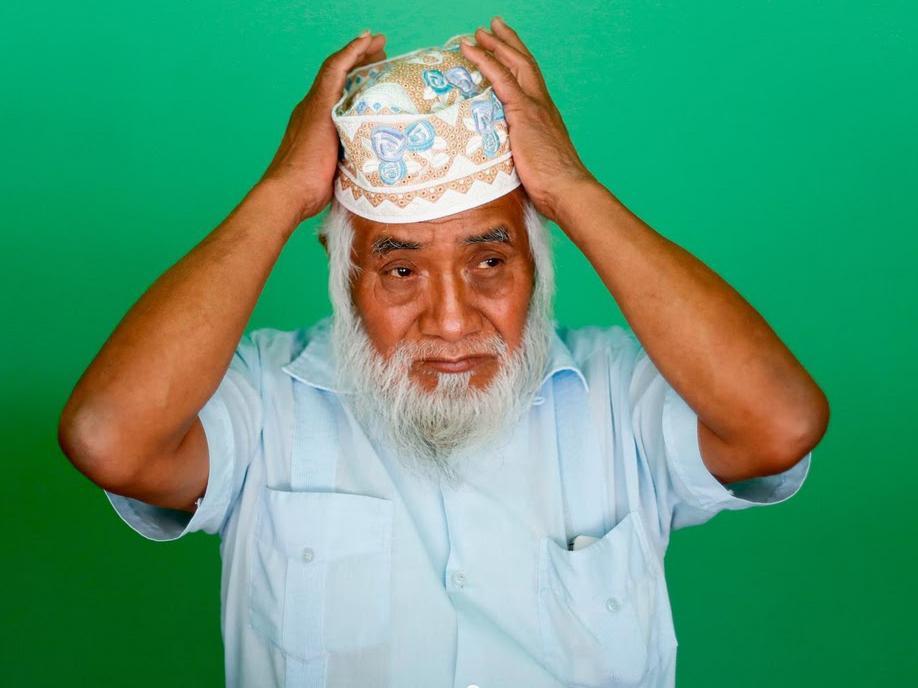Mexico's vibrant Muslim community living in the Maya heartland
Mountainous southern state of Chiapas home to Tzotzil converts to Islam

Your support helps us to tell the story
From reproductive rights to climate change to Big Tech, The Independent is on the ground when the story is developing. Whether it's investigating the financials of Elon Musk's pro-Trump PAC or producing our latest documentary, 'The A Word', which shines a light on the American women fighting for reproductive rights, we know how important it is to parse out the facts from the messaging.
At such a critical moment in US history, we need reporters on the ground. Your donation allows us to keep sending journalists to speak to both sides of the story.
The Independent is trusted by Americans across the entire political spectrum. And unlike many other quality news outlets, we choose not to lock Americans out of our reporting and analysis with paywalls. We believe quality journalism should be available to everyone, paid for by those who can afford it.
Your support makes all the difference.A trip to Mexico's indigenous Maya heartland showed me how a vibrant Muslim community had sprung up in this predominantly Roman Catholic country.
In the southern state of Chiapas, home to a lush mountainous landscape, I photographed members of a small Muslim community made up of hundreds of mostly indigenous Tzotzil men and women, many of whom converted to Islam from Catholic or other Christian denominations.
The Muslim men here are distinguished by their prayer caps, or kufis, and the women by their hijabs which take the form of traditional Maya shawls.
Locals say the conversions to Islam here began in the late 1980s, around the same time Mexico's Zapatista movement was gaining traction in Chiapas, as institutions including Christianity and capitalism came under increasing criticism.
According to the last census, some 83 percent of Mexicans are Catholic. And although Muslims make up less than 1 percent of Mexico's 120 million population, a disproportionate number are indigenous clustered in and around San Cristobal de las Casas, a highland city in Chiapas that mixes both Maya and Spanish identity.
“People gave us a weird look when we converted, they thought we were terrorists and were scared of us,” said Mustafa, a member of the nearby Ahmadia community. “But with the passage of time and our own actions, that opinion has changed,” he added.
Umar, an indigenous former evangelical pastor, converted to Islam in the late 1990s and now serves as a bridge between local Christians and Muslims.

“Ours is a monotheistic religion,” he said. “But we don't worship saints.”
I later met 55-year-old Mohamed Amin who invited me to his home, offering me cookies and tea. He showed me where he prays five times a day and introduced me to his family. He asked me if I believed in God and I said no. That did not appear to bother him.
He went on to explain the main reason behind his conversion to Islam.
“I like to be clean and change my clothes,” he said. “This is a clean religion and that's what originally drew me to it.”
Reuters
Join our commenting forum
Join thought-provoking conversations, follow other Independent readers and see their replies
Comments